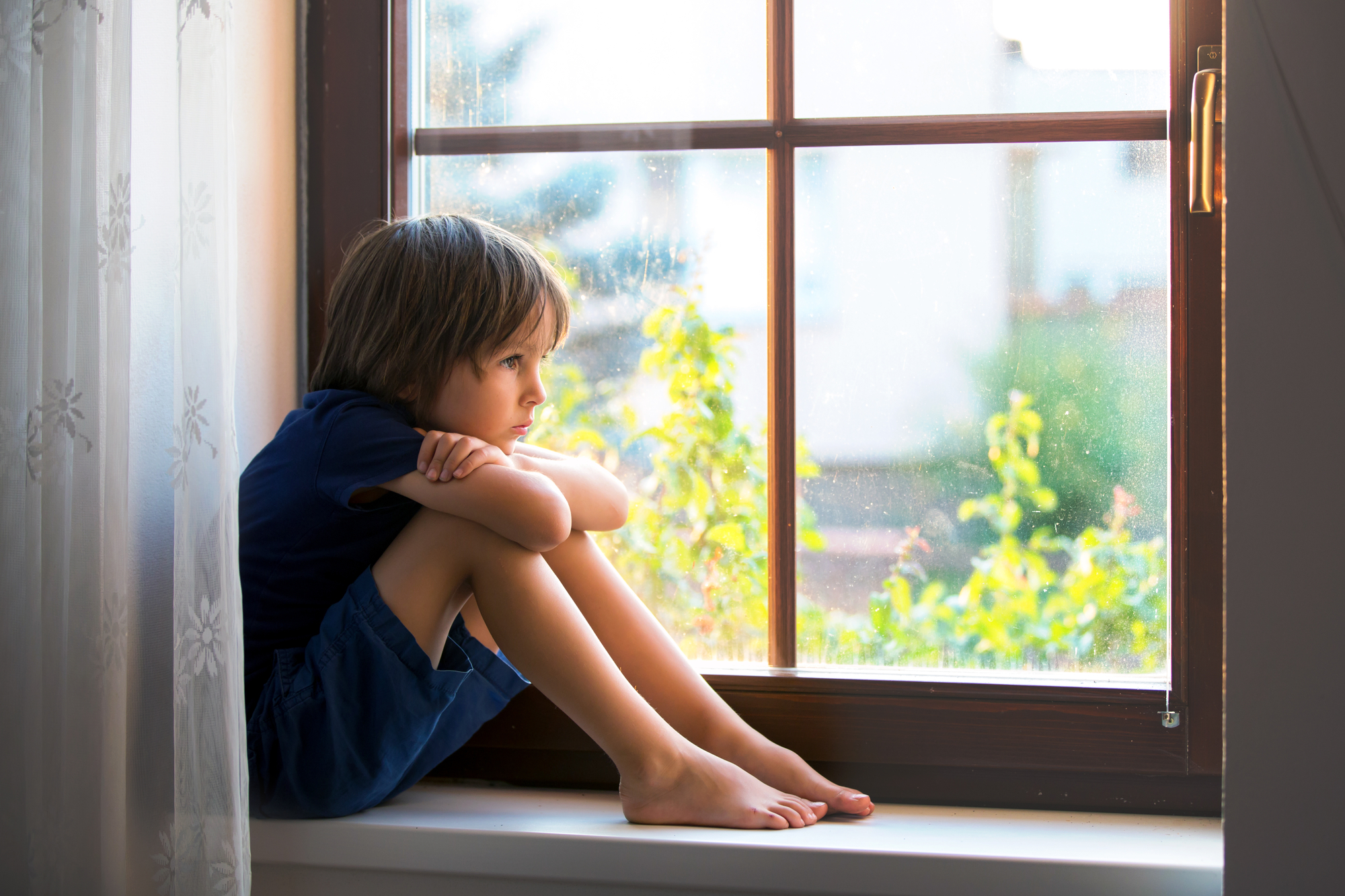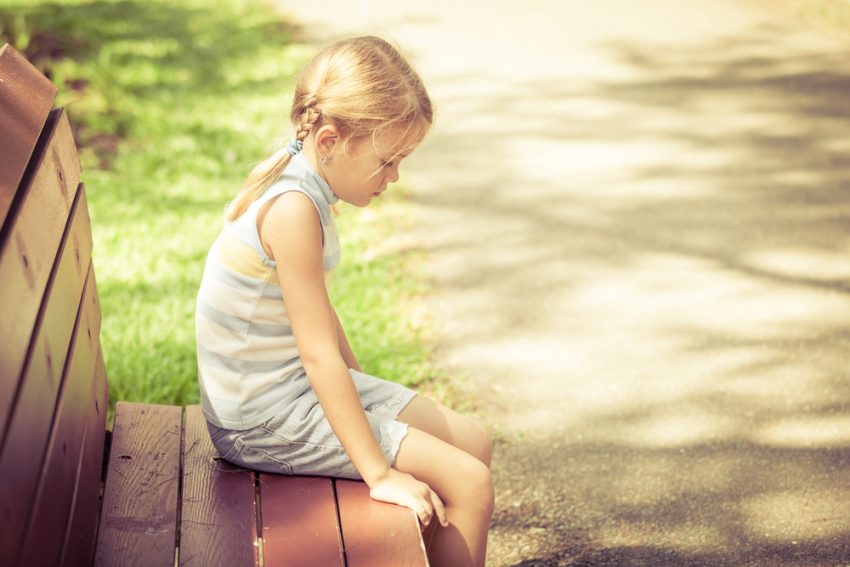Our kids have been through a lot in the past two years, with lockdowns having a massive impact on mental and physical health. Now that our lives have somewhat returned to normal, children have been asked to return to classroom settings surrounded by their peers, which might even lead to an increase in anxiety and stress. So how might this anxiety present itself in our children and what signs should we look out for?
There are two areas that you should take note of when looking for signs that your child is suffering with mental health: emotional and physical.
Emotional and behavioural signs can be quite telling that there is something amiss with your child, and usually encompass:
- Persistent sadness or unhappiness that lasts for periods of two weeks or more
- Prone to tantrums, or consistently behaving in defiant and aggressive ways where they had not before. This might include getting into fights at school or outbursts of extreme irritability
- Behavioural regression, such as sucking their thumb or wetting the bed
- Loss of weight, either by a sudden disinterest in food, taking laxatives or throwing up
- Talking about harming themselves or making plans to do so
- Intense fear and worries that impact their ability to perform daily activities
- Extreme difficulty concentrating and trouble staying still
- Out-of-control behaviour that can be harmful to themselves or others
- Withdrawing from social situations
- Sudden and repeated use of drugs or alcohol
Physical signs are slightly harder to pinpoint, but should never be taken lightly or brushed off:
- Trouble sleeping or eating
- Physical pain that doesn’t have a clear source: headaches, stomach aches, nausea, vomiting or other physical pains
It can be stressful and frightening to discover your child’s mental health is suffering, and we want to help you take the appropriate steps to start getting you and your family on a healthier, more stable path. Here’s what you can do:
- Learn more about mental health by researching and talking to experts: Truly, the more you know, the better you will be able to manage and take appropriate action, so get to studying and learning all you can
- Have the conversation with your child, even when it’s hard: find a quiet place and time to ask your child if there is anything they want to talk about, but don’t push them. The subject is a delicate one, and forcing them to open up could cause more damage
- Be conscious of the fact that their fear of being judged or treated differently can keep them from opening up, so try to be patient with them
- Finally, take them seriously. Don’t brush off their behavioural changes or concerns as puberty or “growing pains”. It’s okay if you don’t know how to handle it, or you have trouble understanding – the important thing is that you learn and help them seek the professional support they need.






